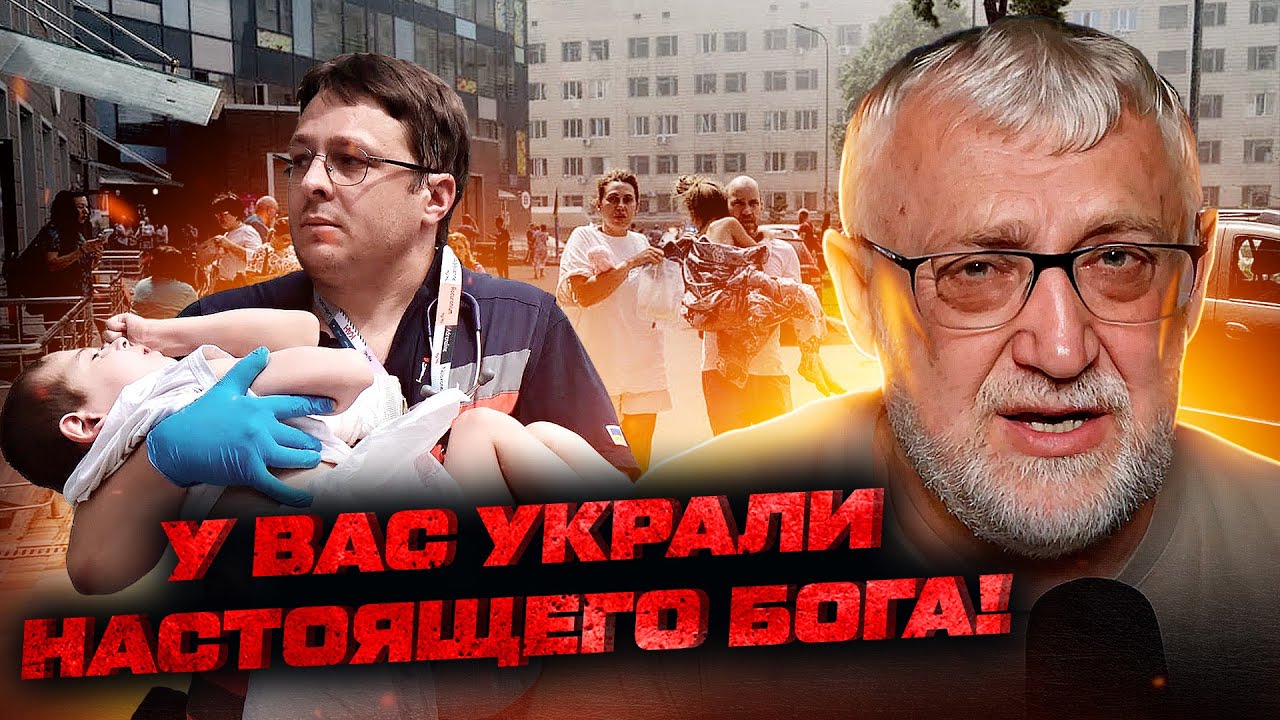Sangue e farina: Gaza attraverso gli occhi di Amal Khayal
Summary
TLDRThis powerful video script recounts the personal experiences of a Palestinian family caught in the ongoing conflict. It reflects on the trauma of displacement, the devastating impact of bombings, and the challenges faced in refugee camps. The speaker draws a poignant parallel between their family's 1948 Nakba and the current violence, describing the physical and emotional toll of losing their home. Amidst the chaos, the narrative highlights resilience, survival, and the importance of remembering and sharing the story of Palestine's struggle for identity and dignity.
Takeaways
- 😀 The speaker’s grandmother reflects on the similarity between the current situation in Gaza and the Nakba of 1948, where Palestinians were forced to flee their homes.
- 😀 The speaker’s family was forced to leave their home in Gaza, taking nothing but the house keys, just like the speaker’s grandmother did in 1948.
- 😀 Despite their home being bombed and destroyed, the speaker holds on to their memories of home, including their favorite chair and routines.
- 😀 The bombing of Gaza involved the use of F35 fighter jets, marking a new level of destruction, with people scrambling to find safety amidst the chaos.
- 😀 The speaker recalls the traumatic experience of being hit with white phosphorus bombs, which left a burning sensation and disorienting noise, causing fear and confusion.
- 😀 After fleeing their home, the speaker and their family sought refuge in an overcrowded UN compound, where basic necessities like clean water and hygiene were scarce.
- 😀 Living conditions in the compound were dire, with limited sanitation facilities and a constant sense of suffering, exacerbated by ongoing bombardments.
- 😀 Despite the suffering, the speaker describes efforts to maintain some semblance of normalcy, such as working on projects to support families in need.
- 😀 The speaker shares the emotional impact of leaving their family behind and the anxiety of not knowing whether they would survive or reunite.
- 😀 The speaker emphasizes the importance of continuing to talk about Palestine, describing the ongoing oppression as a form of genocide, with the Palestinian identity being systematically erased.
Q & A
What is the significance of the term 'Nakba' in the speaker's narrative?
-The term 'Nakba' refers to the 1948 Palestinian exodus, where many Palestinians were displaced following the creation of Israel. The speaker's grandmother compares the current situation in Gaza to this event, indicating the repeated displacement and suffering of Palestinians over time.
Why does the speaker mention the keys to the house?
-The speaker and their grandmother both hold onto the keys to their homes as a symbolic act of loss and exile. The keys represent homes that were abandoned due to conflict, which they have never returned to, signifying a deep, ongoing displacement.
How does the speaker describe the emotional impact of losing their home?
-The speaker describes the emotional toll as intense, particularly the loss of a home that was carefully arranged and filled with memories. Despite the loss, the speaker expresses a feeling of resilience in the face of continued suffering.
What was the significance of the bombing on October 7th?
-The bombing on October 7th was a major traumatic event, marking the destruction of the speaker’s home and the area around them. The speaker highlights the use of F35 jets, which symbolize the scale and intensity of the attack, and describes the horrific consequences of these bombings.
How does the speaker describe the use of white phosphorus in the bombing?
-The speaker recounts the terrifying experience of being bombarded with white phosphorus, which caused severe pain and made it hard to breathe. The physical effects were devastating, with the speaker recalling how it burned their skin and affected their ability to survive.
What does the speaker mean by 'surviving genocide'?
-The speaker refers to their experience of living through continuous violent attacks as a form of genocide, emphasizing the systematic destruction of their community and the daily hardships they endure, including lack of basic necessities and ongoing trauma.
What challenges did the speaker and their family face in refugee camps?
-In the refugee camps, the speaker and their family faced dire conditions, including overcrowding, inadequate sanitation, and a lack of access to basic resources like clean water and medicine. They were forced to endure severe deprivation and live in unsafe, unsanitary conditions.
What is the significance of the 'Palestinian wedding dress' mentioned in the transcript?
-The Palestinian wedding dress represents a rich cultural heritage, symbolizing joy and celebration amidst the speaker’s personal memories. It stands as a contrast to the tragedy of displacement, showcasing the resilience and cultural identity of Palestinians despite the horrors they face.
How does the speaker describe their departure from Gaza?
-The speaker describes leaving Gaza as a deeply emotional and difficult experience. They recount the chaos of having to leave in haste, the uncertainty of where to go for safety, and the pain of parting from their family while trying to escape the bombings.
What does the speaker mean when they say, 'The mothers are always mothers'?
-This statement reflects the enduring love and concern of a mother, despite the horrific circumstances. The speaker recalls receiving prayers from their mother, which serves as a reminder of familial bonds and support, even in the direst of situations.
Outlines

This section is available to paid users only. Please upgrade to access this part.
Upgrade NowMindmap

This section is available to paid users only. Please upgrade to access this part.
Upgrade NowKeywords

This section is available to paid users only. Please upgrade to access this part.
Upgrade NowHighlights

This section is available to paid users only. Please upgrade to access this part.
Upgrade NowTranscripts

This section is available to paid users only. Please upgrade to access this part.
Upgrade Now5.0 / 5 (0 votes)





